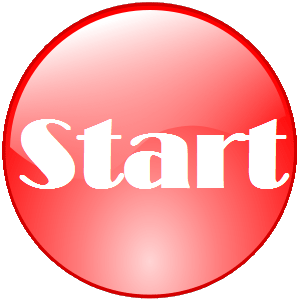Begin vs Start
Although there is a difference between the words “begin” and “start,” they are often used as synonyms. There are instances where using “start” and “begin” interchangeably is acceptable. When comparing these two words, “start” can be used as a noun and a verb, while “begin” is only used as a verb. “Begin” originates from the Old English word “beginnan,” and “start” comes from the Old English word “styrtan.” Phrases like “don’t start,” “for a start,” “to begin with,” and “start a family” demonstrate how “start” and “begin” are used in the English language.
What does Begin mean?
In the following sentences, “He started horse-riding at the age of twelve” and “He began horse-riding at the age of twelve,” the use of “began” and “started” provides the same meaning. However, “start” is considered more informal compared to “begin,” which is used in a formal style. The word “begin” can be used to suggest the intention of work, as in the sentence “Let us begin (the work) now.”
What does Start mean?
In the sentences, “I began swimming when I was five” and “I started swimming when I was five,” the use of “began” and “started” gives the same meaning. However, “start” is more informal than “begin.” Comparing, “It is beginning to rain” and “It is starting to rain,” the latter sentence appears more informal and natural. In some cases, only “start” can be used, as in the sentence “I think we have to start before it rains.” Here, using “begin” instead of “start” would sound odd, especially if referring to travel. This is an essential rule in using the verb “start.”
Key Takeaways
- “Start” is more informal than “begin,” which is used in a formal style.
- In colloquial contexts, using “start” is more natural than using “begin.”
- For travel intentions, “start” should be used, as this is an essential rule for using the verb “start.”
